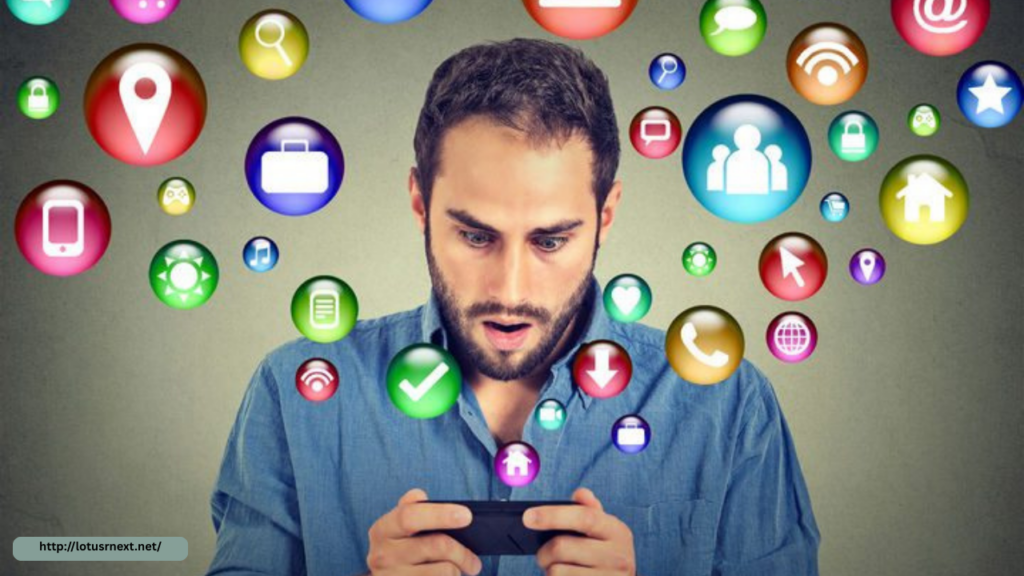
In the digital age, convenience is king. We can summon a ride with a tap, have food delivered in minutes, and automate everything from bill payments to grocery lists. Our lives have been streamlined in unprecedented ways — yet despite all the ease, many people are feeling more overwhelmed, distracted, and emotionally drained than ever before.
The paradox lies in the very nature of digital convenience. While technology was designed to simplify tasks and free up our time, it has simultaneously created new dependencies that are slowly eroding essential human capabilities. Instead of enhancing our lives, digital tools are increasingly shaping — and sometimes controlling — them.
At the heart of this issue is our growing intolerance for effort. With every shortcut offered by an app or algorithm, we become less inclined to engage in processes that require patience, critical thinking, or emotional resilience. Need directions? GPS will do the thinking. Want a conversation? Just text. Bored or uncomfortable? There’s an endless feed to scroll through. These seemingly minor decisions, repeated thousands of times, change how our brains operate. Over time, our ability to sit with discomfort, solve problems creatively, or pursue delayed gratification weakens.
Digital tools also cater to instant gratification, a key driver of compulsive behavior. Social media, for example, offers quick hits of validation through likes and comments, creating a feedback loop that reinforces constant checking and posting. The same goes for shopping apps, streaming platforms, and even dating services — all structured to deliver fast results with minimal effort. This “ease addiction” not only feeds anxiety and impatience but also diminishes our capacity for deep, meaningful engagement with people and the world around us.
The workplace reflects this shift too. While digital platforms have enabled remote work and boosted productivity in many ways, they’ve also introduced a culture of 24/7 availability. Notifications, emails, and pings interrupt focus and blur the boundaries between work and rest. The ease of being reachable at all times often translates into burnout, stress, and a feeling of never truly being off the clock.
Even our relationships have taken a hit. Messaging replaces face-to-face conversations. Emojis stand in for emotional expression. While it’s easier than ever to stay in touch, the quality of those connections has often declined. Many people find themselves in the paradox of constant contact, yet growing loneliness.
To regain control, we need to consciously resist the lure of effortless living. This means setting boundaries with our devices, practicing digital minimalism, and intentionally choosing effort when it’s meaningful. Whether it’s cooking from scratch, writing a handwritten note, or having an unfiltered conversation, embracing friction can reawaken skills and values that digital tools have dulled.
Technology itself isn’t the enemy — it’s our passive relationship to it. When ease becomes our default mode of living, we risk losing the very strengths that make us human: resilience, depth, connection, and presence. Recognizing this addiction to ease is the first step toward reclaiming a more grounded, intentional, and fulfilling life.